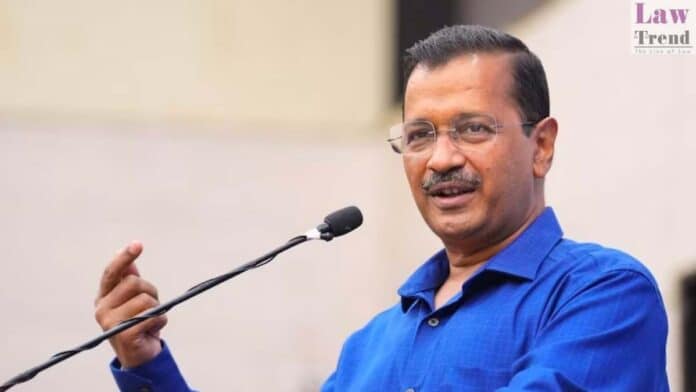A Delhi court has scheduled a hearing for August 12 to determine whether to take cognizance of the charge sheet filed by the Central Bureau of Investigation (CBI) against Chief Minister Arvind Kejriwal. This decision comes in light of allegations surrounding the Delhi Excise Policy scam, where Kejriwal and others are implicated in corruption charges.
Special Judge Kaveri Baweja postponed the matter after noting that the CBI had not yet submitted the supporting documents for the charge sheet. The CBI has recently concluded its investigation into the scam, marking this charge sheet as its final submission in the case.
This complex case has seen multiple filings, including one main charge sheet and four supplementary ones. Prominent figures, including former Delhi Deputy Chief Minister Manish Sisodia and Telangana MLC K Kavitha, have also been charged in connection with the alleged irregularities.
According to the CBI, the charges involve a meeting on March 16, 2021, between Kejriwal and TDP MP and liquor businessman Magunta Sreenivasalu Reddy. During this meeting, held at the Delhi Secretariat, Reddy allegedly sought Kejriwal’s assistance in manipulating the Excise Policy 2021-22 to benefit his liquor business. The charge sheet claims Kejriwal directed Reddy to coordinate with Kavitha, who was involved in formulating the excise policy.
The investigation further alleges that Kejriwal instructed Reddy to make financial contributions to his political party, the Aam Aadmi Party (AAP). The CBI contends that kickbacks amounting to Rs 90-100 crore were paid in advance to AAP politicians and other public servants to influence the excise policy. These funds were purportedly channeled through various co-accused, including Vijay Nair, Abhishek Boinpally, and Dinesh Arora.
The agency suggests that these illicit payments were later recouped from the profit margins of wholesalers holding L-1 licenses through various means such as excess credit notes, bank transfers, and unsettled accounts managed by conspirators linked to the South lobby.
Also Read
The CBI asserts that a cartel was formed between the three main stakeholders of the policy—liquor manufacturers, wholesalers, and retailers—violating the provisions and undermining the policy’s intent. This collusion allegedly led to significant financial losses to the state exchequer and illegal gains for the public servants and other parties involved in the conspiracy.




